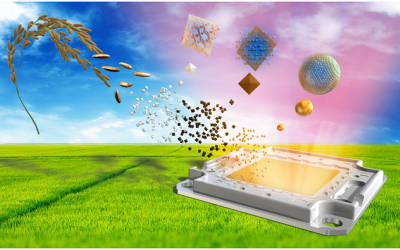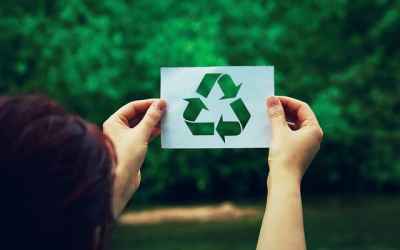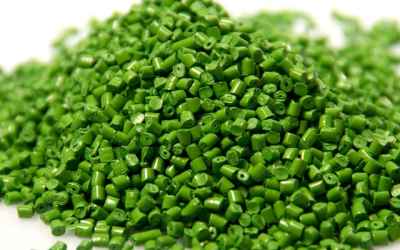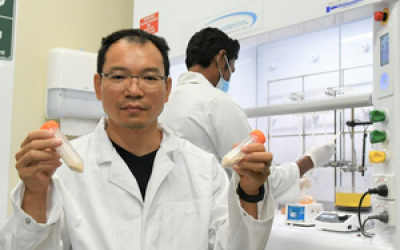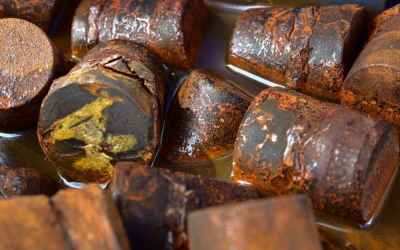
Which Alloys Are Prone to Corrosion, and How Can We Prevent This?
Corrosion is the degradation of an alloy caused by its exposure to the environment. Corrosion deterioration of metallic alloys exposed to the atmosphere or other adverse conditions is prevented using a variety of techniques.
@dheerthan05:30 PM 03-May-2022
Search your Curioisty with Tags
steel inhibitors adverse conditions exposed metals elements alloys zinc

